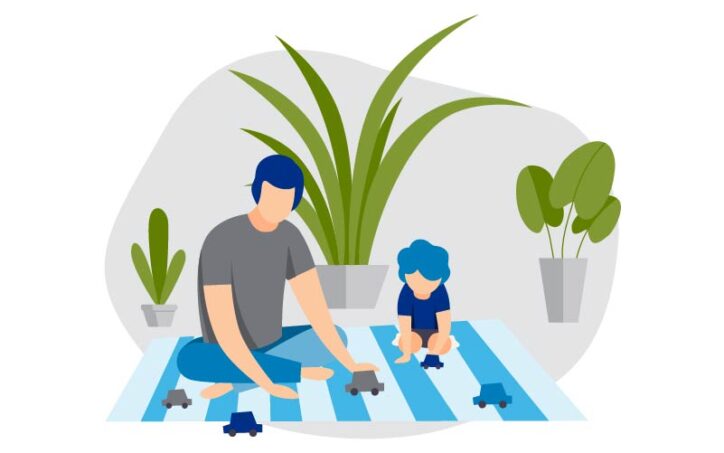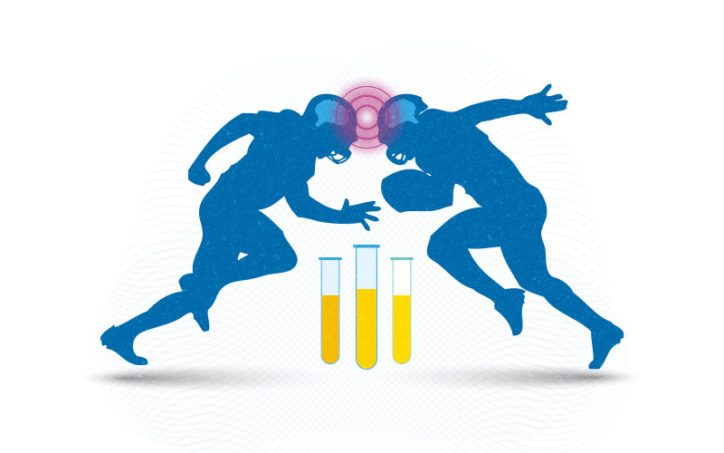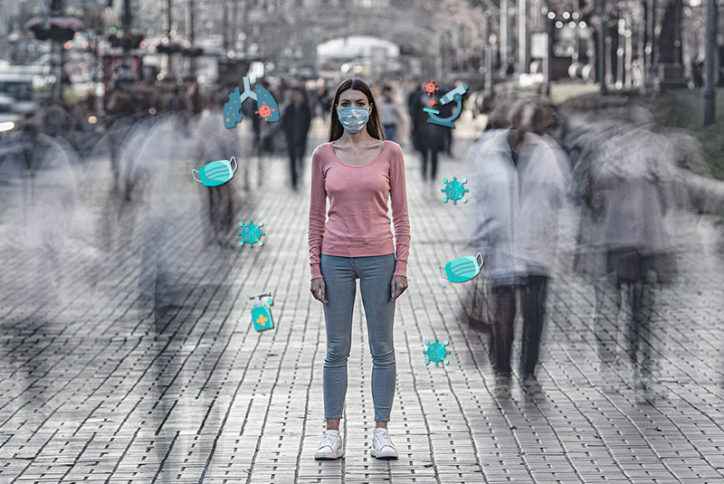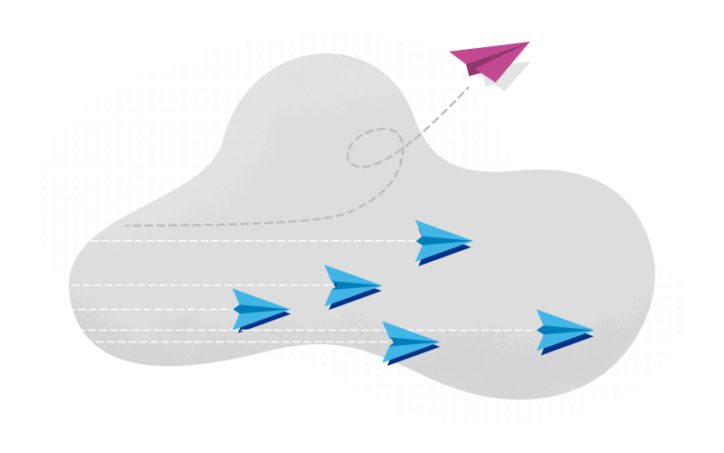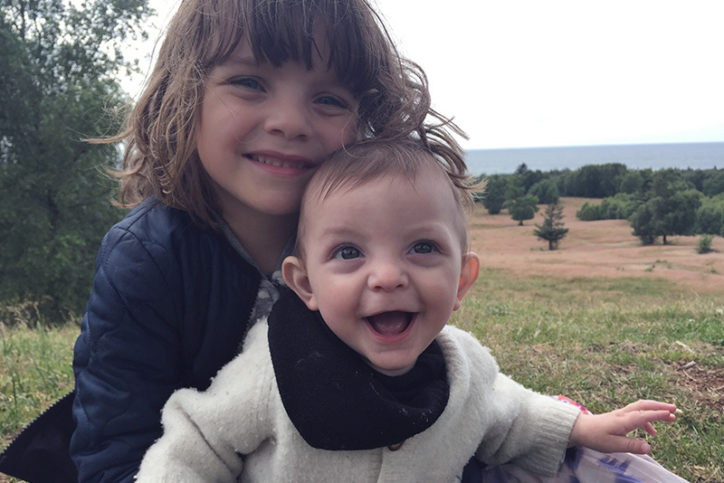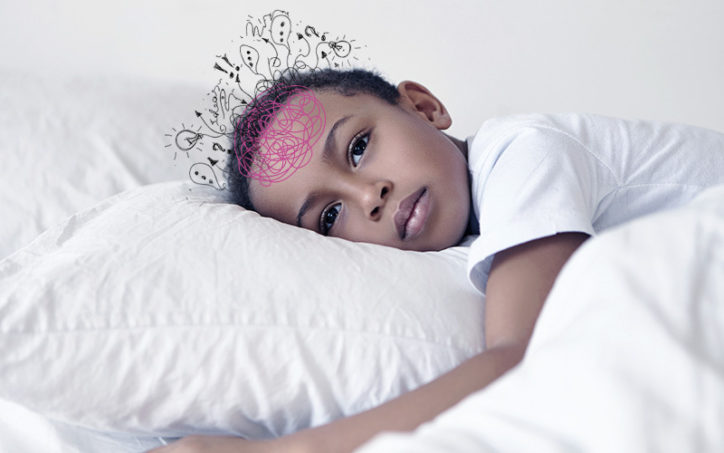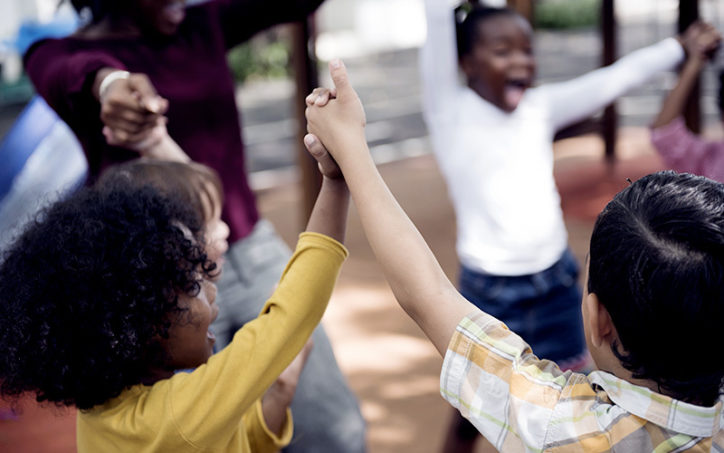Can intensive early behavioral therapy help children with Down syndrome?
“It’s like learning a new language. It’s a challenge, but a good challenge,” says Kristala of the new ways she has learned to connect with her 3-year-old son, Ellison, who has Down syndrome. Her favorite part of the Joint-Attention-Symbolic-Play-Engagement-Regulation (JASPER) clinical trial program at Boston Children’s Hospital came during the “Follow His Lead” week. “I ... Read More about Can intensive early behavioral therapy help children with Down syndrome?
Rethinking the origins of cerebral palsy
Cerebral palsy (CP) has widely been viewed as the result of perinatal oxygen deprivation or other birth-related factors like prematurity. For many children, this is true. But new work from Boston Children’s finds that up to 1 in 4 have an underlying genetic condition with the potential to change the approach to their care. Findings ... Read More about Rethinking the origins of cerebral palsy
Could concussion be monitored through urine samples?
Concussion can be frustratingly hard to diagnose and track. The injury doesn’t show up on routine brain scans, and there is no definitive diagnostic test. It’s usually diagnosed based on symptoms and, in athletes, comparison with baseline testing if it was done. But concussion symptoms are non-specific, unreliable, and easily influenced by emotions. “Athletes usually ... Read More about Could concussion be monitored through urine samples?
COVID-19 vaccination in 12- to 18-year-olds: What does the science say?
With a third “booster” dose of the Pfizer/BioNTech vaccine now authorized for children age 12 and older, you may be wondering about the safety and effectiveness of COVID-19 vaccination in teens. With months of experience — and recent research — to draw from, we now have more answers. Several recent studies led or co-led by ... Read More about COVID-19 vaccination in 12- to 18-year-olds: What does the science say?
From our labs and clinics: 10 research advances in 2021
Pediatric medicine at Boston Children’s Hospital rests on a strong base of discovery science. But it can take decades for bench discoveries to be validated and replicated in humans and for treatments to be proven safe. When lab discoveries advance on the road to clinical application, it’s cause to celebrate. Here are 10 research success ... Read More about From our labs and clinics: 10 research advances in 2021
From our labs and clinics: The top 10 COVID-19 science stories of 2021
As COVID-19 waxed, waned, morphed, and waxed again this year, research was taking place throughout Boston Children’s Hospital. Ongoing national studies the hospital is leading or co-leading include Overcoming COVID-19, a CDC-funded study on COVID-19 and multisystem inflammatory syndrome in children (MIS-C); IMPACC, examining immune responses in people hospitalized with COVID-19; and MUSIC, studying MISC’s ... Read More about From our labs and clinics: The top 10 COVID-19 science stories of 2021
Emerging protein-based COVID-19 vaccines could be game-changing
Current messenger RNA vaccines appear to offer at least some protection against new SARS-CoV-2 variants, including Omicron, especially for people who have received boosters. But manufacturing costs and the need for ultra-cold refrigeration have limited availability of these vaccines in low-and middle-income countries. That’s where emerging protein-based COVID-19 vaccines — including two candidates developed at ... Read More about Emerging protein-based COVID-19 vaccines could be game-changing
Solving neurodevelopmental mysteries, one gene, one child at a time
Suheil Day was born early, at 37 weeks. Aside from a slight head lag and mild muscle weakness, nothing seemed terribly amiss. But as the months progressed, he began having seizures. “At the age of 4 to 5 months, he started waking up screaming and crying excessively, his eyes rolling up into his head,” says ... Read More about Solving neurodevelopmental mysteries, one gene, one child at a time
Sound sleep, sound mind: The importance of sleep for preteens’ developing brains
When your preteen doesn’t get enough sound sleep, some of the signs, like crankiness, are obvious. But some of the effects are more subtle. A large, first-of-its-kind study from Boston Children’s Hospital now shows that too little or poor-quality sleep may prevent the brain from developing strong, efficient connections. “Early adolescence is a critical time ... Read More about Sound sleep, sound mind: The importance of sleep for preteens’ developing brains
With a dose of health equity, brachial plexus study enrolls more patients
What drives a parent to say yes or no to enrolling their child in research? When a surprisingly high percent of patient families said no to participating in a study of brachial plexus birth injury, orthopedic surgeon Andrea Bauer, MD, and her team decided to find out why. Along the way, they became versed in ... Read More about With a dose of health equity, brachial plexus study enrolls more patients


